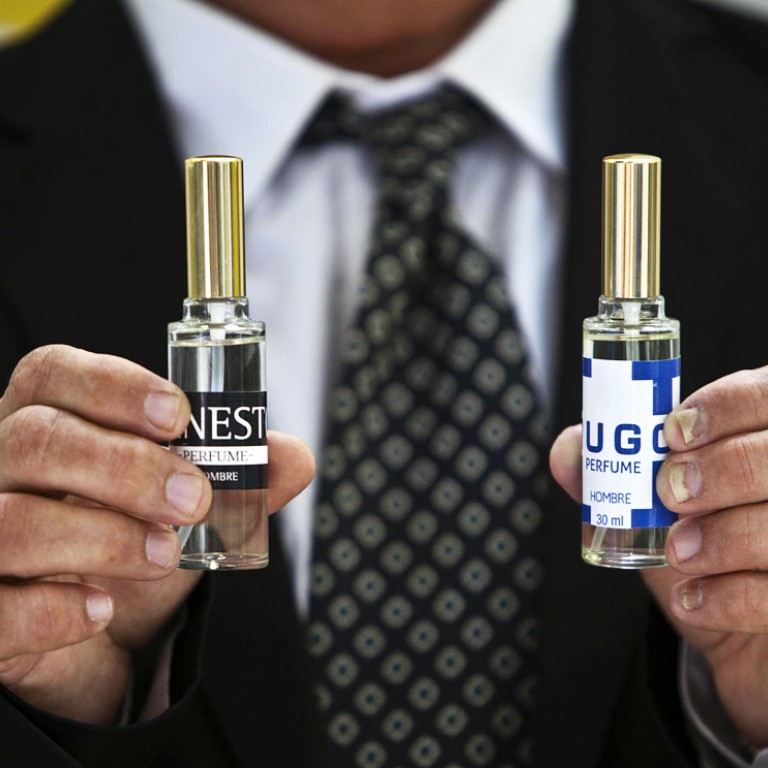
Cuban company markets Che Guevara and Hugo Chavez colognes
Call it "eau de revolution". Cuba's biggest producer of natural products has developed a pair of colognes for the discerning supporter of international socialism who wants something more than just the "Che" T-shirt.
Call it "eau de revolution". Cuba's biggest producer of natural products has developed a pair of colognes for the discerning supporter of international socialism who wants something more than just the "Che" T-shirt.
A woodsy and refreshing citric scent with notes of talcum powder called "Ernesto" honours guerilla leader Ernesto "Che" Guevara.
For those seeking something softer, there is a blend with hints of mango and papaya called "Hugo" for the late Venezuelan president Hugo Chavez.
"They will be very attractive colognes, but the names also mean a lot to us," said Isbel Gonzalez, vice-president for research and development for Labiofam.
Formulated by a French company and produced in Cuba, the colognes are featured at a Labiofam convention in Havana.
The scents so far have generic bottles and simple labels bearing only their names. But Labiofam was developing more attractive bottles and labels with hopes of putting the colognes on sale in Cuba and abroad, Gonzalez said.
Labiofam officials said they and French firm Robertet worked for more than a year to produce the colognes.
The Cuban company polled 122 visitors to pharmaceutical conventions to determine what names people preferred.
"It was a great challenge," said Cuban biochemist Mario Valdes, who led the scent design team.
Labiofam's director is a nephew of the Castros, and Valdes said the families of Guevara and Chavez had been consulted and approved the use of the names.
At the Labiofam convention, visitors' reactions to the scents were largely positive.
"I'd probably be more likely to buy 'Ernesto' because the scent is a little more striking," said Reymundo Miranda, an expert in traditional medicine.
